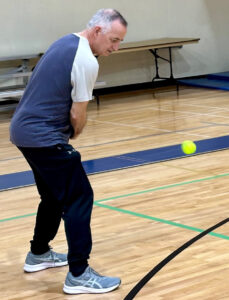 Pickleball, a sport that combines elements of tennis, badminton, and ping-pong, has gained recognition for its numerous benefits, particularly for individuals dealing with Parkinson’s disease. Several advantages of the sport include:
Pickleball, a sport that combines elements of tennis, badminton, and ping-pong, has gained recognition for its numerous benefits, particularly for individuals dealing with Parkinson’s disease. Several advantages of the sport include:
- Increased mobility
- Enhanced balance and coordination
- Cardiovascular health
- Social interaction
- Community support
Read on to learn about the creation of Pickleball Friday’s at the JCC.
Peter Obermeyer, Nashville Parkinson’s Support Group founder / volunteer and former racquetball enthusiast stated his journey with sports took an unexpected turn when an orthopedic specialist advised him to step away due to potential joint issues. However, the love for the game persisted, and when he discovered pickleball a new chapter began.
“Upon joining regular games at the Gordon Jewish Community Center (JCC), my initial apprehensions surfaced. Battling Parkinson’s, I felt a certain awkwardness that hindered my participation. Recognizing a need for inclusive play, I spearheaded an initiative to secure dedicated court time for individuals like me, coordinating with Harriet Shirley, the JCC “Fitness Manager” along with her assistant Diamond Battle. During this same time, John Tso and Robin Gordon were organizing a pickleball community for the Active With Parkinson’s Group (AWP) at the Sevier Park Community Center.
Then the Peterson Foundation for Parkinson’s provided an unexpected gift for the first year, by providing instructor and coach, Bo Sacks.
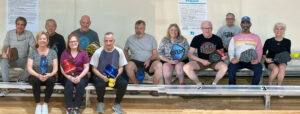 The Pickleball group now thrives every Friday from 2:00 to 4:00 at the JCC, with the invaluable presence of Bo Sacks, a Senior Olympic winner and a top-ranked player in Tennessee. Bo brings not just expertise, but a patient and compassionate coaching approach tailored to individual skill levels.
The Pickleball group now thrives every Friday from 2:00 to 4:00 at the JCC, with the invaluable presence of Bo Sacks, a Senior Olympic winner and a top-ranked player in Tennessee. Bo brings not just expertise, but a patient and compassionate coaching approach tailored to individual skill levels.
All are welcome to join the group, however RSVP’s are encouraged for efficient coordination, ensuring ample courts, paddles, and balls for all participants. If you are interested email Phillip Vest at phillip.vest@gmail.com. Non-members of the JCC can participate for a nominal fee of $11.00, which covers all Pickleball accessories.
This journey embodies the transformative power of pickleball, fostering camaraderie, skill development, and resilience in the face of Parkinson’s. As we celebrate our second year, the progress witnessed among participants reflects the success of a collaborative vision. Join us in redefining possibilities and embracing the joy of pickleball for those with Parkinson’s.

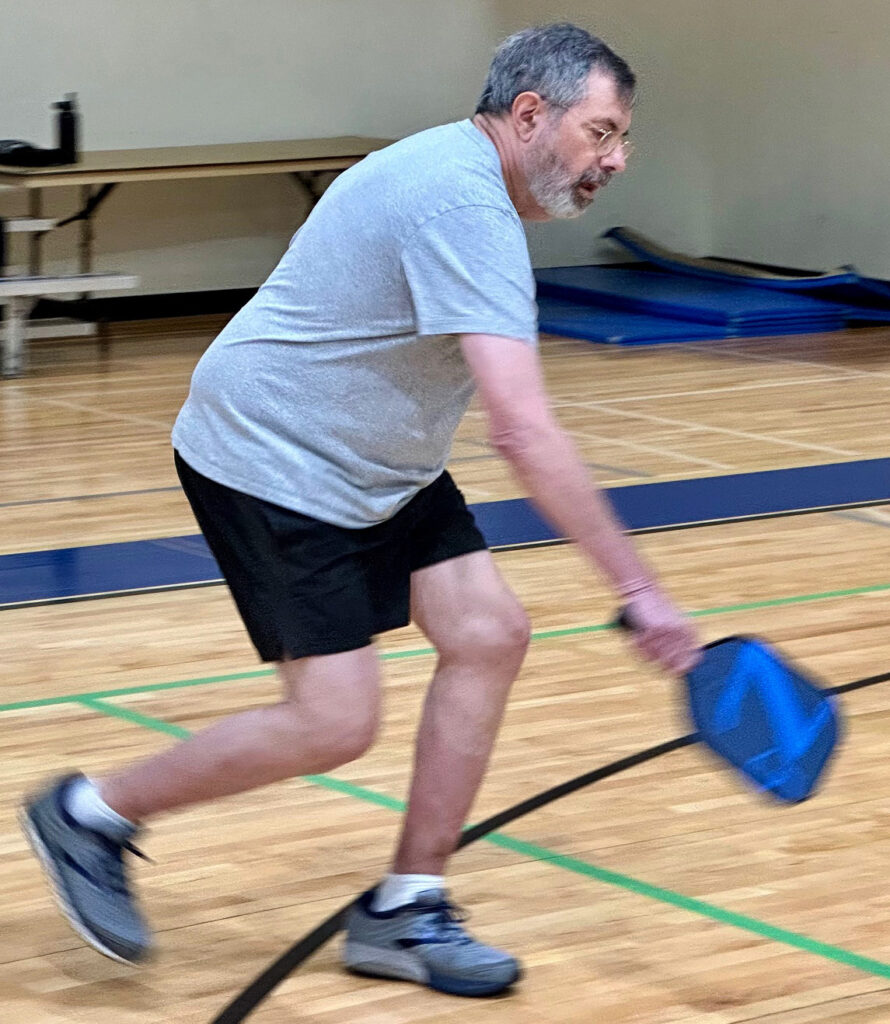
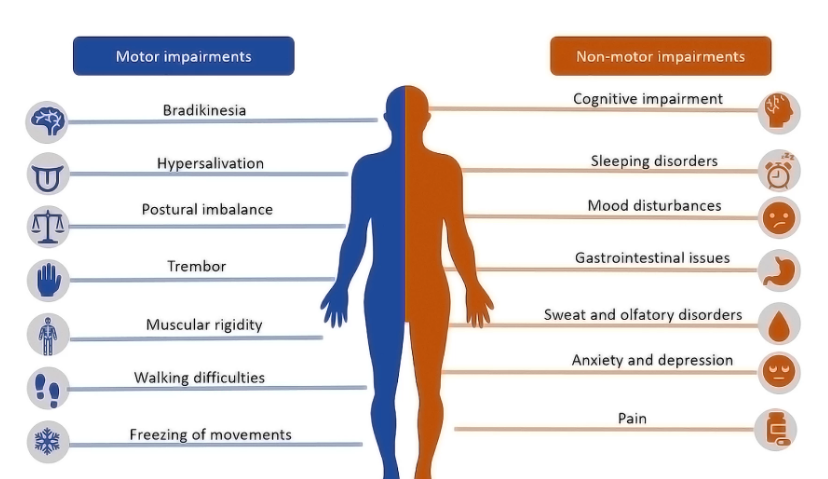
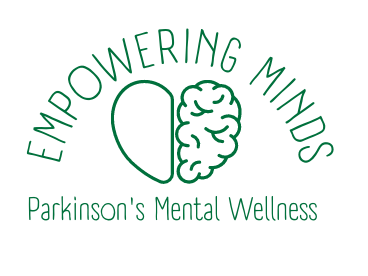




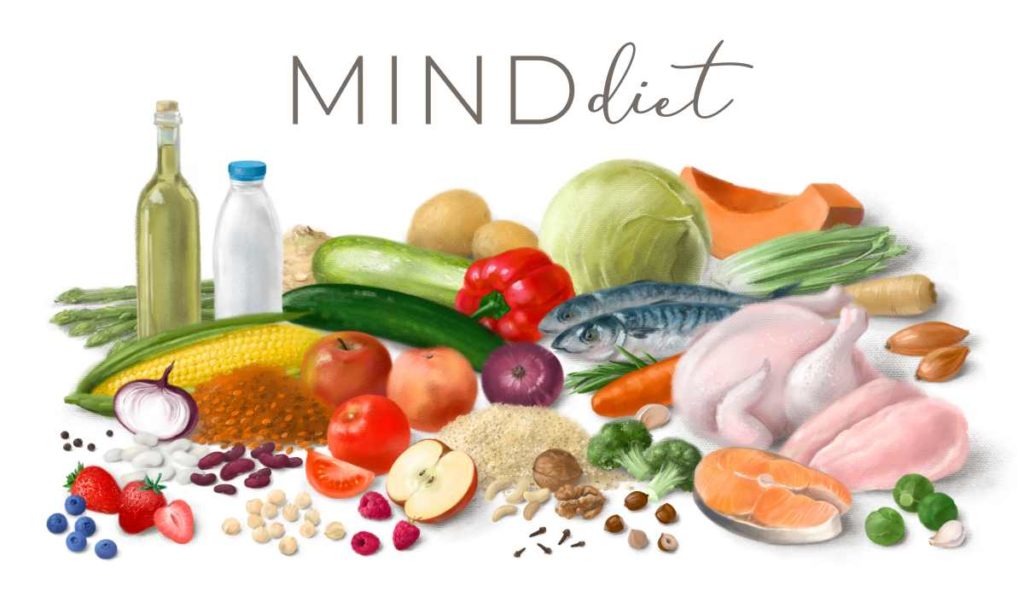




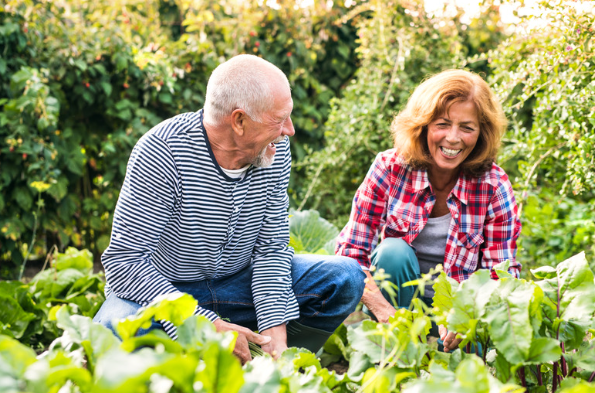





 The Peterson Foundation for Parkinson’s recently hosted our inaugural Empowering Minds, sponsored by the Hirsch Legacy Fund. This event aimed to shed light on the multifaceted nature of Parkinson’s Disease, moving beyond the commonly known “movement disorder” stereotype and emphasizing its neurological complexity.
The Peterson Foundation for Parkinson’s recently hosted our inaugural Empowering Minds, sponsored by the Hirsch Legacy Fund. This event aimed to shed light on the multifaceted nature of Parkinson’s Disease, moving beyond the commonly known “movement disorder” stereotype and emphasizing its neurological complexity. Another esteemed medical expert, Dr. Daniel Claassen from Vanderbilt Medical University shared a study illustrating the positive effects of physical activity, particularly Rock Steady Boxing, on sleep quality. This study involved participants from PFP support groups, highlighting the potential benefits of such programs for Parkinson’s patients.
Another esteemed medical expert, Dr. Daniel Claassen from Vanderbilt Medical University shared a study illustrating the positive effects of physical activity, particularly Rock Steady Boxing, on sleep quality. This study involved participants from PFP support groups, highlighting the potential benefits of such programs for Parkinson’s patients.
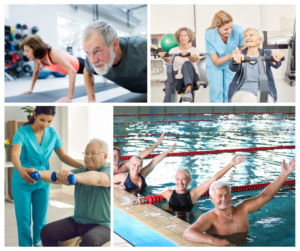 Embracing a Holistic Approach
Embracing a Holistic Approach On Saturday, August 12 the Peterson Foundation for Parkinson’s welcomed nearly 150 members of the Middle Tennessee Parkinson’s community at the Gordon Jewish Community Center in Nashville for the Foundation’s 4th Annual Navigating the Parkinson’s Path, presented by Supernus. This day was a true testament to the power of community, bringing together individuals with Parkinson’s, caregivers, advocates, and experts.
On Saturday, August 12 the Peterson Foundation for Parkinson’s welcomed nearly 150 members of the Middle Tennessee Parkinson’s community at the Gordon Jewish Community Center in Nashville for the Foundation’s 4th Annual Navigating the Parkinson’s Path, presented by Supernus. This day was a true testament to the power of community, bringing together individuals with Parkinson’s, caregivers, advocates, and experts. Dr. Jill M. Giordano Farmer began the day by discussing a comprehensive approach to treatment as Parkinson’s progresses. Dr. Farmer stressed that nothing happens in isolation within the brain, making a mixture of medicines essential for a holistic approach. She also highlighted the significance of social engagement and exercise, which impacts both motor and non-motor components of Parkinson’s disease.
Dr. Jill M. Giordano Farmer began the day by discussing a comprehensive approach to treatment as Parkinson’s progresses. Dr. Farmer stressed that nothing happens in isolation within the brain, making a mixture of medicines essential for a holistic approach. She also highlighted the significance of social engagement and exercise, which impacts both motor and non-motor components of Parkinson’s disease. After a brief Rock Steady Boxing exercise break, facilitated by Colleen Bridges of Bridges for Parkinson’s, Dr. Thomas Davis provided valuable insights into disease modification and the role of alpha-synuclein in Parkinson’s disease. Disease-modifying therapies aim to slow the progression of Parkinson’s, providing hope for better long-term outcomes. Understanding alpha-synuclein and its contribution to the disease has led to new therapies and trials aimed at reducing its impact.
After a brief Rock Steady Boxing exercise break, facilitated by Colleen Bridges of Bridges for Parkinson’s, Dr. Thomas Davis provided valuable insights into disease modification and the role of alpha-synuclein in Parkinson’s disease. Disease-modifying therapies aim to slow the progression of Parkinson’s, providing hope for better long-term outcomes. Understanding alpha-synuclein and its contribution to the disease has led to new therapies and trials aimed at reducing its impact. The final presenter for the day was Dr. Daniel M. Corcos who shared the incredible benefits of resistance training, particularly its impact on individuals with Parkinson’s. While any form of exercise is beneficial, according to research studies weight training stands out as more advantageous, leading to a 7-point improvement in strength after a 24-month study. Additionally, resistance training enhances cognitive outcomes, preserves brain matter, and improves balance, posture, and gait.
The final presenter for the day was Dr. Daniel M. Corcos who shared the incredible benefits of resistance training, particularly its impact on individuals with Parkinson’s. While any form of exercise is beneficial, according to research studies weight training stands out as more advantageous, leading to a 7-point improvement in strength after a 24-month study. Additionally, resistance training enhances cognitive outcomes, preserves brain matter, and improves balance, posture, and gait.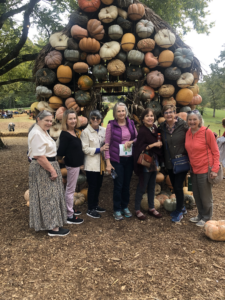 Here at PFP we are passionate about providing a safe and nurturing space for individuals affected by Parkinson’s disease, and I would like to extend a warm invitation to you to join our Women’s with Parkinson’s Support Group.
Here at PFP we are passionate about providing a safe and nurturing space for individuals affected by Parkinson’s disease, and I would like to extend a warm invitation to you to join our Women’s with Parkinson’s Support Group.
 Building connections with others who are walking a similar path can be profoundly impactful. Our support group offers the chance to forge meaningful friendships, share advice, and create a strong network of support that extends beyond our meetings.
Building connections with others who are walking a similar path can be profoundly impactful. Our support group offers the chance to forge meaningful friendships, share advice, and create a strong network of support that extends beyond our meetings.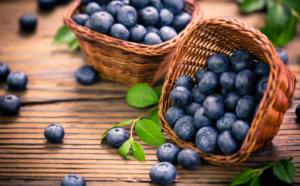 When it comes to fruits, blueberries are particularly beneficial for individuals with Parkinson’s. These small, antioxidant-rich berries offer a host of advantages.
When it comes to fruits, blueberries are particularly beneficial for individuals with Parkinson’s. These small, antioxidant-rich berries offer a host of advantages.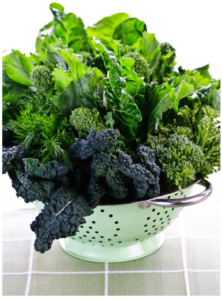 individuals living with Parkinson’s disease. These vibrant greens are loaded with essential vitamins, minerals, and antioxidants that support brain health and overall well-being.
individuals living with Parkinson’s disease. These vibrant greens are loaded with essential vitamins, minerals, and antioxidants that support brain health and overall well-being.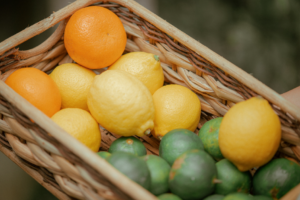 Citrus fruits like oranges, grapefruits, and lemons not only add a burst of flavor to your meals but also provide valuable benefits for individuals living with Parkinson’s disease. These brightly colored fruits are renowned for their high vitamin C content and other beneficial compounds.
Citrus fruits like oranges, grapefruits, and lemons not only add a burst of flavor to your meals but also provide valuable benefits for individuals living with Parkinson’s disease. These brightly colored fruits are renowned for their high vitamin C content and other beneficial compounds.
